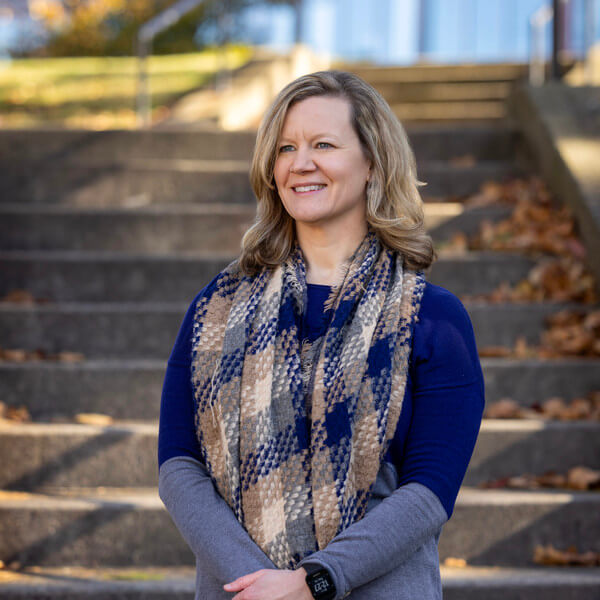At first glance, cancel culture appears straightforward: A person thought to have acted or spoken in an unacceptable manner is ostracized, boycotted, shunned or fired — and often thoroughly renounced on social media.
But it’s not always so simple.
“Bill Cosby or Michael Jackson, these people had tremendous impact on their fields. I can say I’ll never again watch 'The Cosby Show' or listen to Jackson’s music, but that doesn’t change the impact they have already had on me, their fields, and the culture at large,” said Karen Guth, associate professor of religious studies at Holy Cross.
Over the past few years, the public worldwide has had to reckon with this phenomenon on a larger scale, as new information emerges putting famous and often well-regarded people, traditions and institutions in a new light. Acknowledging their contributions without endorsing their wrongdoing is tricky territory to navigate — and there’s no map, Guth said.
Most often, the average person will encounter this dilemma concerning celebrities. “It’s such a pervasive question, but at the time I wrote the book there was no literature that engaged with these questions across contexts to think about what the problem was and how to go about addressing it,” she said.
Her latest book, “The Ethics of Tainted Legacies: Human Flourishing after Traumatic Pasts,” explores the issue as an ethical dilemma. Guth’s work resonated and was a large part of why she received the College’s Marfuggi Faculty Award for Outstanding Scholarship in May 2024. The award recognizes outstanding achievement in the creation of original work in the arts and sciences over an 18-month period.
Finding the right question
Rather than trying to provide an answer, Guth’s book aims to help readers ask the right questions.
“‘Can we still engage with artists’ work?’ That’s an important question, but not the only or even most significant one to be asking,” Guth said. Canceling, as the practice has come to be known, is not without certain merits but is most effective as a short-term response, she noted, especially in relation to industry giants and household names, whose legacy of influence can extend beyond their work.
Guth has had experience with this in her field of religious studies. Mennonite theologian and ethicist John Howard Yoder was widely recognized as the greatest pacifist of the 20th century but was later revealed to be a serial perpetrator of sexual violence.
“This was a major question for my field,” she said.
Refraining from teaching Yoder’s work is one potential response, she said, but it doesn’t address his legacy of influence on the field, on generations of academics, and on academic and church-related institutions.

